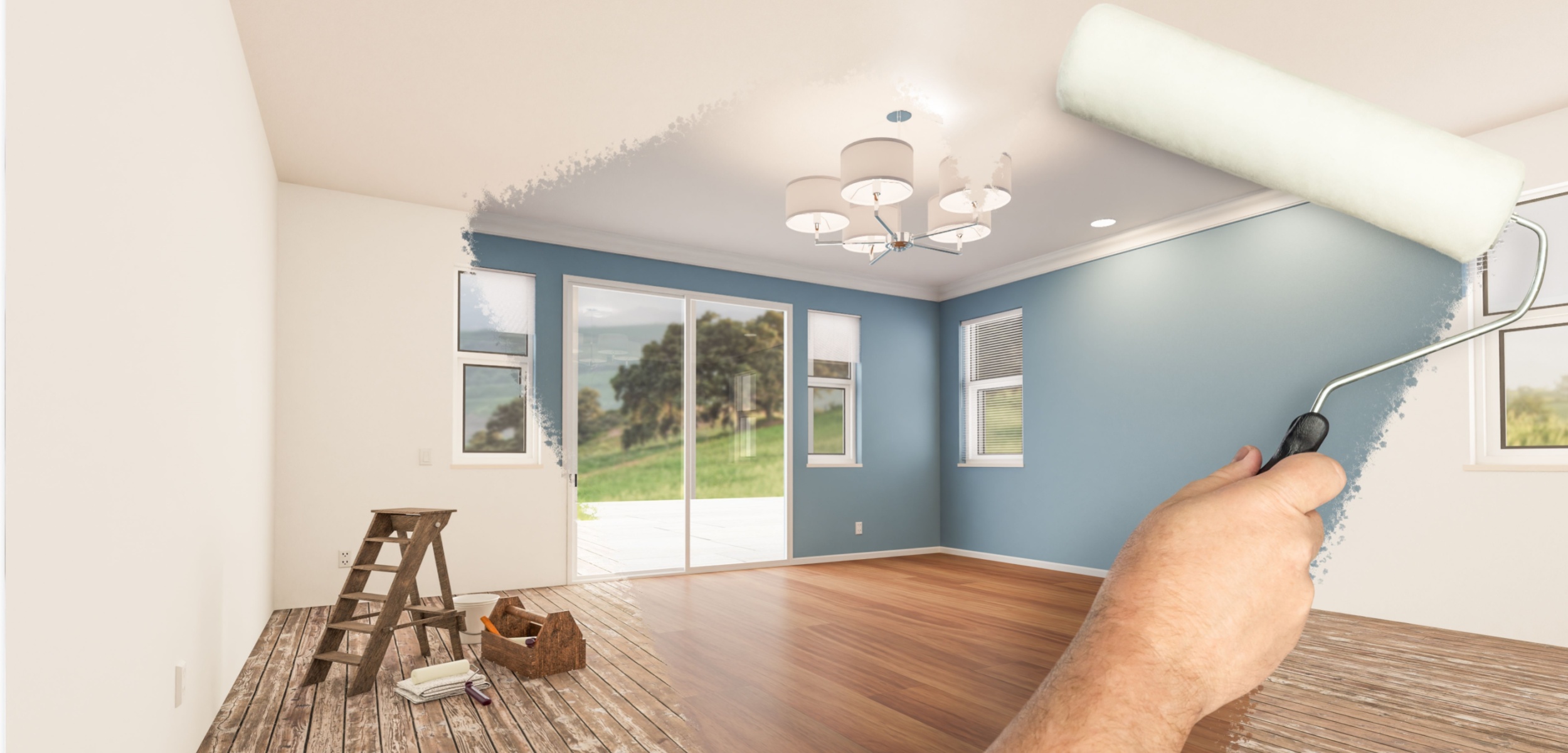No products in the cart.
Have you ever wondered how to become a painter decorator and transform spaces with colour and creativity? This career path offers a blend of artistry and practical skills, making it an appealing choice for many. Therefore, understanding the steps involved and the skills required is important for anyone looking to enter this field. In this blog, we will explore the journey to becoming a painter decorator, covering essential training, tools, and tips for success.

What is the Role of a Painter Decorator?
First and foremost, what does a painter decorator do? Painter decorators are responsible for preparing and painting interior and exterior surfaces. Thus, their work involves a variety of tasks, including:
- Surface preparation, such as sanding and filling holes
- Applying paint, varnish, and other finishes
- Hanging wallpaper and other decorative materials
- Advising clients on colour schemes and finishes
Moreover, painter decorators work in various settings, from residential homes to commercial buildings, providing a wide range of services.
Essential Skills and Qualities
To excel in this profession, certain skills and qualities are essential. Therefore, aspiring painter decorators should focus on developing the following:
- Attention to Detail: Ensuring a high-quality finish requires precision and care.
- Creativity: A good eye for colour and design enhances the aesthetic appeal of spaces.
- Physical Stamina: The job often involves standing for long periods and working at heights.
- Communication Skills: Understanding client needs and providing advice is a key part of the role.
Additionally, being adaptable and having problem-solving skills can greatly benefit those in this career.
Training and Qualifications
How does one get started in this field? While formal qualifications are not always necessary, they can be beneficial. Therefore, consider the following training options:
- Apprenticeships: Many painter decorators start their careers through apprenticeships, which combine on-the-job training with classroom instruction. This path provides practical experience and a recognised qualification.
- Vocational Courses: Colleges and training centres offer courses in painting and decorating. These courses cover essential skills and techniques, providing a solid foundation for beginners.
- On-the-Job Training: Some individuals enter the profession through entry-level positions, learning skills directly from experienced professionals.
Moreover, continuous learning is important. Thus, staying updated with the latest techniques and materials can enhance your career prospects.
Tools and Equipment
What tools do painter decorators need? Having the right tools is crucial for efficiency and quality work. Therefore, a basic toolkit should include:
- Brushes and rollers of various sizes
- Paint trays and buckets
- Sandpaper and scrapers
- Ladders and scaffolding for high areas
- Protective gear, such as masks and gloves
Furthermore, investing in high-quality tools can make a significant difference in the finish and durability of your work.
Building a Portfolio
To attract clients, a strong portfolio is essential. Therefore, document your work with high-quality photographs and detailed descriptions. Highlight projects that showcase your skills and creativity. Additionally, consider creating a professional website or social media profile to reach a wider audience.

Finding Work and Clients
How can you find work as a painter/decorator? Building a client base takes time and effort. Therefore, consider the following strategies:
- Networking: Connect with other professionals in the industry, such as builders and interior designers, who can refer clients to you.
- Online Platforms: Websites allow you to advertise your services and connect with potential clients.
- Local Advertising: Flyers, business cards, and local newspapers can help spread the word about your services.
Moreover, word-of-mouth recommendations are invaluable. Thus, providing excellent service and maintaining good client relationships can lead to repeat business and referrals.
Challenges and Opportunities
Every career has its challenges, and painting and decorating is no exception. Therefore, be prepared for:
- Seasonal Work: Demand for services can fluctuate with the seasons, affecting income stability.
- Physical Demands: The job can be physically demanding, requiring strength and endurance.
However, there are also opportunities for growth and specialisation. Thus, consider expanding your skills to include areas such as:
- Restoration Work: Specialising in restoring historical buildings can open up niche markets.
- Eco-Friendly Practices: As sustainability becomes more important, offering eco-friendly painting options can attract environmentally conscious clients.
Conclusion
In summary, becoming a painter decorator involves skills, training, and perseverance. By understanding the role, acquiring the necessary skills, and building a strong portfolio, you can succeed in this rewarding career. Therefore, this could be the perfect path for you if you have a passion for transforming spaces and a keen eye for detail. Embrace the opportunity to create beautiful environments and make a lasting impact with your work.




